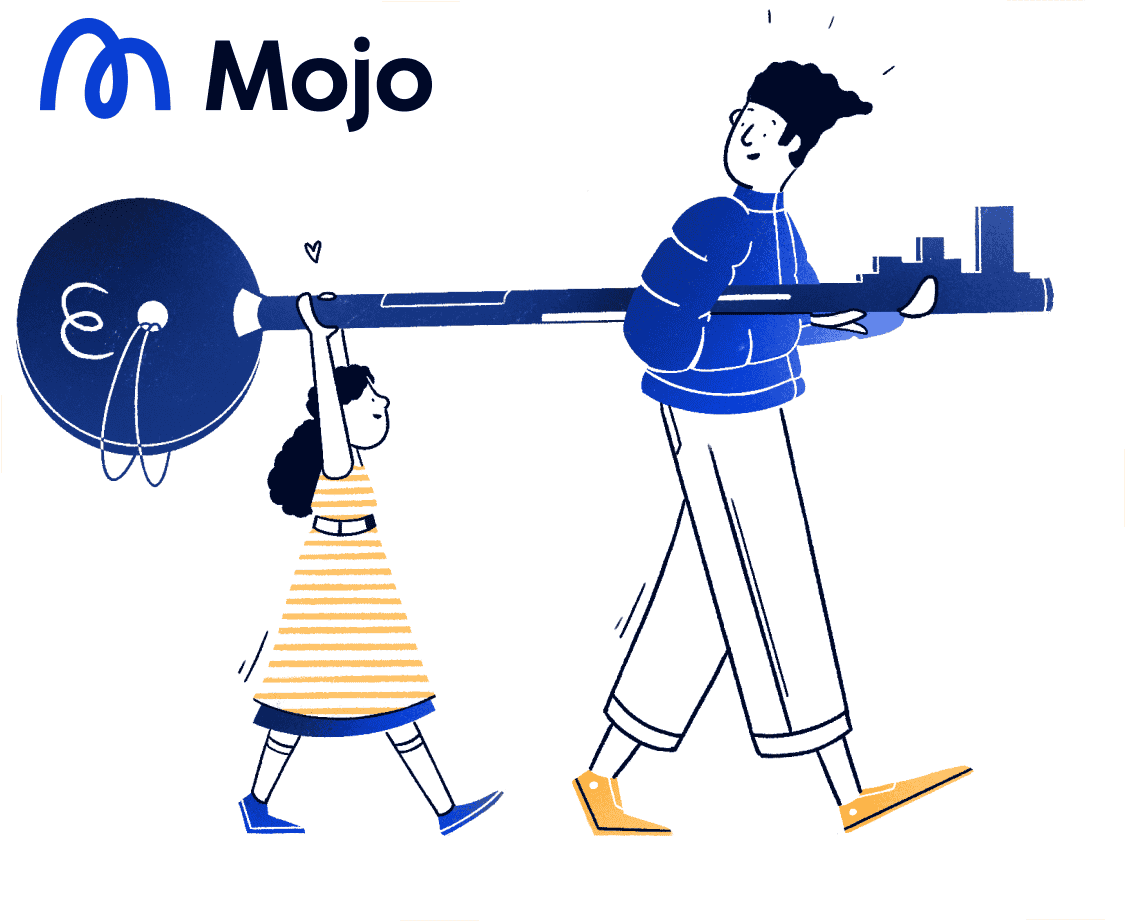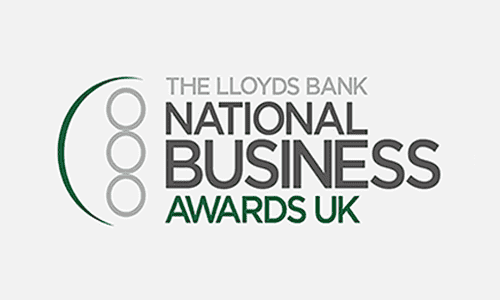- >
- Mortgage comparison>
- Shared equity mortgages
Compare shared equity mortgages
Compare shared equity mortgages if you need help getting on the property ladder. You can use them to buy a home using either a shared equity or a property developer's scheme.
Compare mortgage rates from 70+ lenders across the whole of market









What is shared equity?
Shared equity is when you borrow additional money aside from the mortgage itself, known as an equity loan, to help form part of your deposit for a new home.You will usually still need to provide some of the deposit yourself, typically at least 5%.
You then take out a shared equity mortgage to cover the remaining purchase price of the property you want to buy. This will leave you with two loans to repay at the same time, but as the equity loan is used to increase your deposit, the loan size you need to borrow with the mortgage is lower.Ìý
This reduces the LTV (loan to value) which gives you access to better interest rates on your mortgage. There are different equity loan schemes available, but the most well-known is the government Help to Buy scheme Equity Loan Scheme, which was previously available in England and is still open to applicants in Wales until December 2022.Ìý
How do shared equity mortgages work?
An equity loan is typically, but not always, offered by a different lender than the mortgage lender, and is used to top up your deposit funds, helping put you in a better decision to take out a mortgage. This can be especially helpful for first-time buyers that are struggling to save a large enough deposit to purchase the value of property that they want or need.Ìý
The role a deposit plays in a mortgage application is to provide the lender with confidence that you are personally investing in the purchase, reducing the amount that you need to borrow from them, and therefore the risk they take on in lending to you. This means that the larger your deposit is, the better mortgage interest rates a lender will be able to offer you.
Equity loans are usually paid back in monthly installments or when you sell your home, depending on the individual scheme. Some may have an initial interest-free period, such as the help to buy scheme, however, in the vast majority of schemes, you will eventually incur interest charges unless you repay the loan in a defined period.
How to find the best mortgage rate for you
Tell us what you need
Let us know your details so we can understand your mortgage needs
Let us compare available deals
There are thousands of mortgage deals to choose from, so we’ll help you with that
Get your mortgage with Mojo
You can apply right away if you like – and we never charge broker fees
Who is Mojo?
Mojo is a . We partner with them so you can get all the mortgage support you need in one place.
Mojo will find out about your circumstances, check your eligibility, and search across the whole of market to help you secure the best mortgage for your circumstances.
An expert will be on hand to offer help and advice, and you will be supported through each step of your mortgage application.

YOUR HOME/PROPERTY MAY BE REPOSSESSED IF YOU DO NOT KEEP UP WITH YOUR MORTGAGE REPAYMENTS.
The FCA does not regulate mortgages on commercial or investment buy-to-let properties.
Shared equity mortgage example:
If you bought a home that cost £300,000 you could:
Pay a 5% deposit of £15,000 from your own savings
Get a 20% equity loan of £60,000
Apply for a mortgage for the remaining 75%, which would be £225,000
Most schemes allow you to pay back the equity loan as a lump sum, usually when you sell your home.
The amount you repay will be based on the market value at the time. So if your home has gone up in value to £400,000 when you want to pay back the loan, you would need to repay 20% of this amount, which would be £80,000.
Are there any reasons to avoid using the scheme?Ìý
As with any financial agreement, there are both benefits and drawbacks to using a shared equity scheme. Using this type of scheme can be an excellent way to get your feet onto the property ladder, however, before making a decision, you should consider the following:Ìý
The amount you borrow can increase:
Because you borrow a percentage of the property's value rather than a monetary value, the loan size will fluctuate with the value of your home. This means that if you carry out considerable home improvements and/or the market sees an increase in house prices, you could end up owing more than you originally borrowed
Remortgaging can be difficult:
There are considerably fewer lenders willing to offer remortgages on shared equity properties with an outstanding equity loan, than there are willing to offer the initial mortgage. This means that you could be locked into the same rate of interest for a long time. Once you’ve repaid the equity loan, however, you will be able to remortgage as normal
You can’t typically choose any property:
Most schemes are set up for new build homes only, so your choice of home will be limited to those new builds available within the relevant scheme
Explore mortgage guides
A Complete Guide To Buying A Home & Buying A Home For The First Time | money.co.uk
The process of buying a house can take months, but knowing what to do and where to get help could make it quicker and easier. Here is what to do when you buy a home.
Buy a homeHow Much Does It Cost To Buy A Home In 2024? | money.co.uk
Your home could be the most expensive purchase you ever make. Here is how much you might spend and how to make sure you can afford a mortgage and all of the other costs.
Read MoreLeasehold Vs Freehold: Which Should You Get? | money.co.uk
If you’re looking to buy a property in England or Wales, you’ll notice that they’re either listed as leasehold or freehold. But what’s the difference? We’re here to explain the terms, and share what they might mean for you as a property owner.
Read MoreWhy compare mortgages with money.co.uk?
Comparing mortgages could help you save money. Our broker partner makes sure you get our best interest rates. Our aim is to provide you with the most up-to-date information, as well as useful tools and calculators to help you make life's most important decisions and take control of your money.
Proud to be award winning
We have always aimed to provide the best possible services to bridge the gap between our users and our clients. Over the years, we have been thrilled to be recognised by various prestigious bodies and organisations for those efforts.







